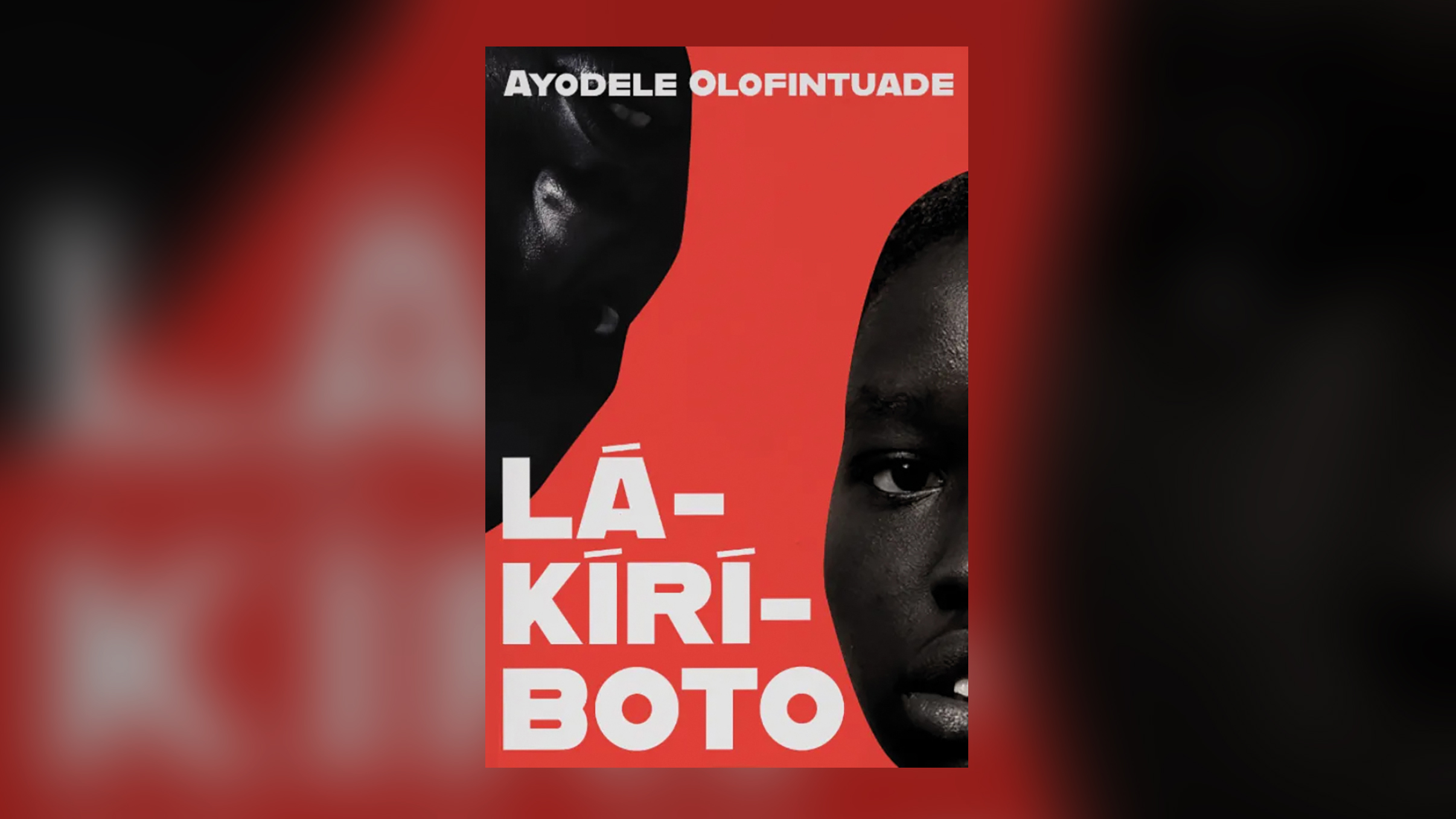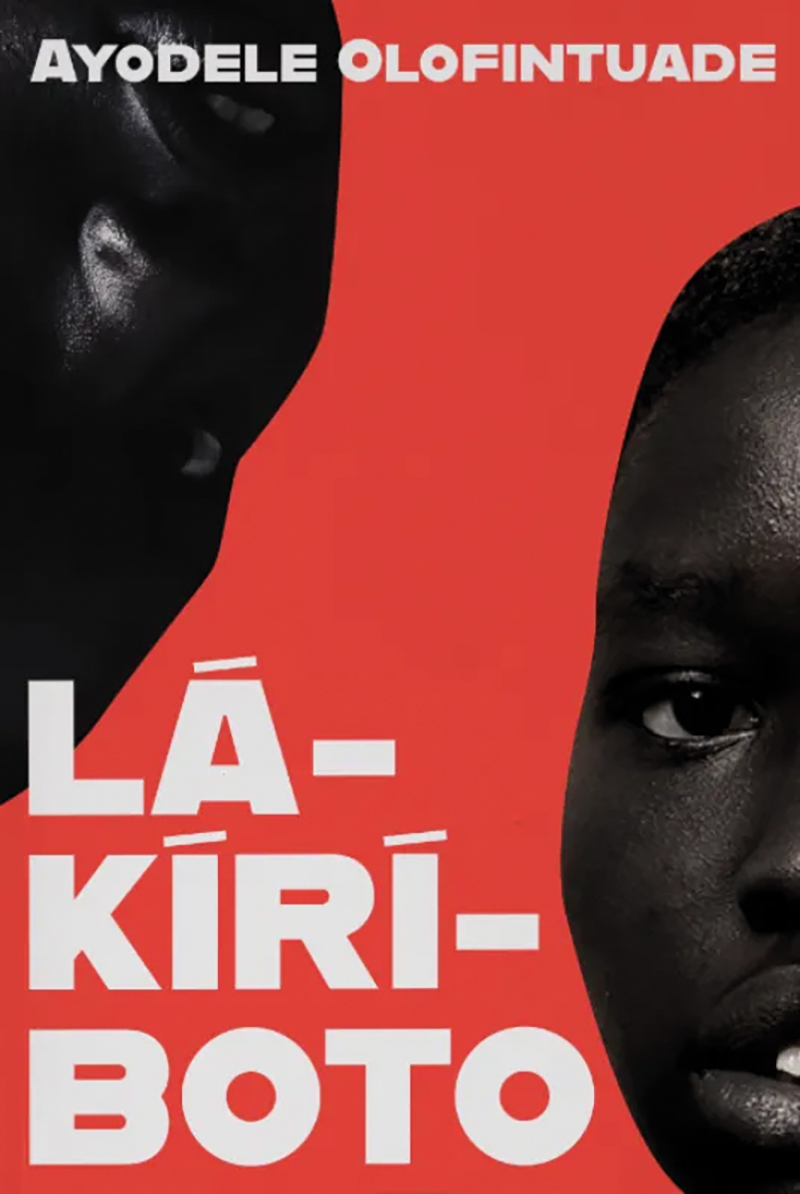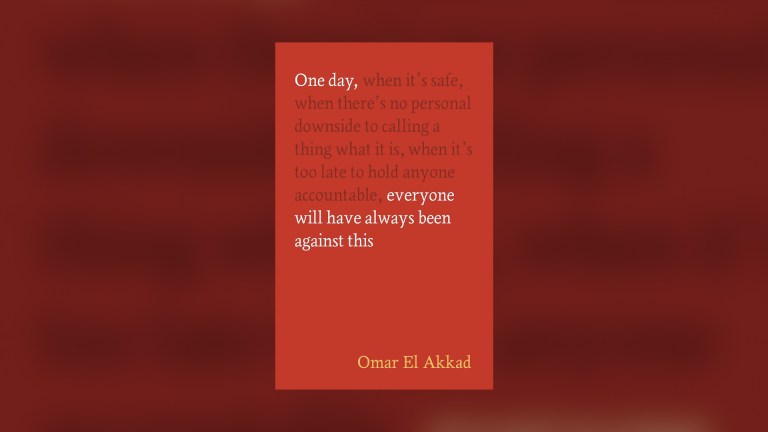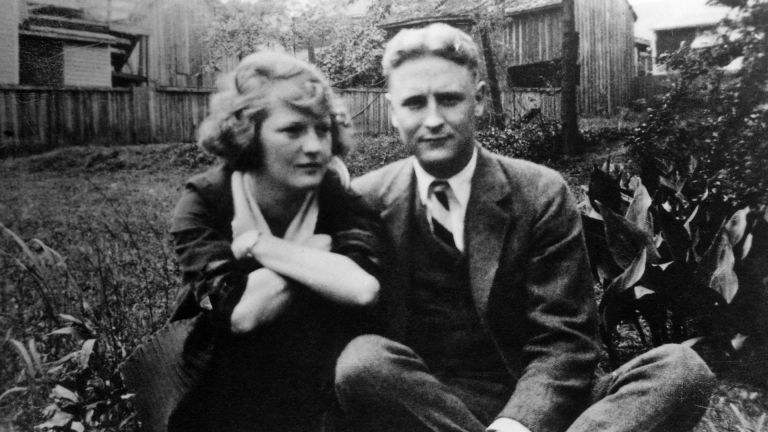What is it about the heat that makes us crave mystery and murder? Perhaps the desire for pace combats the sludge of quickly melting minds. Perhaps the heat makes considering violence against the fellow commuter playing TikTok videos for the whole carriage to hear seem a tempting option.
Whatever the reason, holiday recommendations always contain thrillers, and this is no different. Although I’m conflicted about the term “literary thriller” as its determination to distinguish itself from genre categories, I will concede here as this book contain the adrenaline and intrigue of the thriller without stooping to an admiration of the police.
The feminist thriller has of late been concerned mainly with victims’ stories, including but not centring serial killers, filled with chapters from the women’s perspective, becoming almost as formulaic as the predecessors. This feminist thriller couldn’t be further from the tired dynamic of victim and predator.
- International Women’s Day: 50 feminist books to smash the patriarchy
- Marriage: A feminist history
- Missing: A nifty tech thriller that raises the bar
Lákíríboto follows a large family in Lagos, as secrets are uncovered and curses backfire. In among it all two girls, Moremi and Kudirat, struggle to win their freedom from the boorish patriarchs that stand in their way.
Lákíríboto revels in mischief, delighting in queer philosophy as the author’s dismissal of misogyny and gender binary is naturally visible throughout. Author Ayodele Olofintuade rails against the systemic injustice that weighs men’s words against women’s, encourages violent homophobia and maltreatment of women. There is also love for Nigerian culture that makes Lákíríboto sizzle with energy. I have never read a book so filled with death that brims with this much life.
What gives Lákíríboto its refreshing vibrancy is its constant pursuit of shocking events; there isn’t a chapter that passes without a betrayal, a discovery or a rebellion. Olofintuade sees to it that every abusive act is balanced with an equally wicked sense of justice. It paints portraits of defiant women and weak men who scramble around desperately searching for power, falling into their own traps as they do so.











